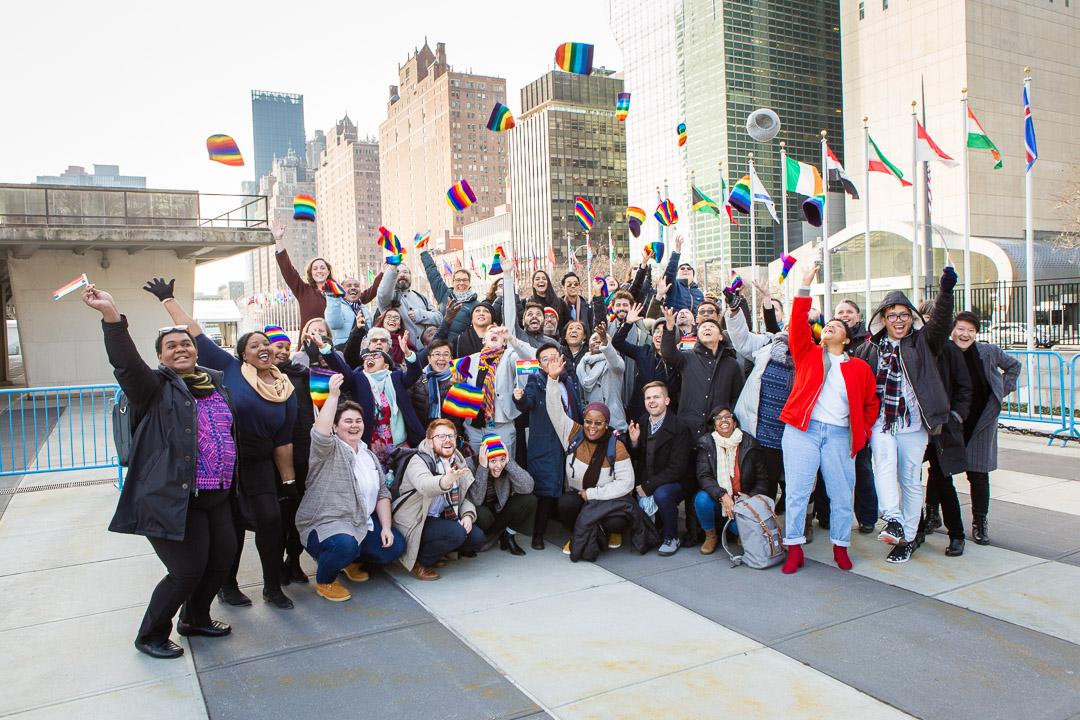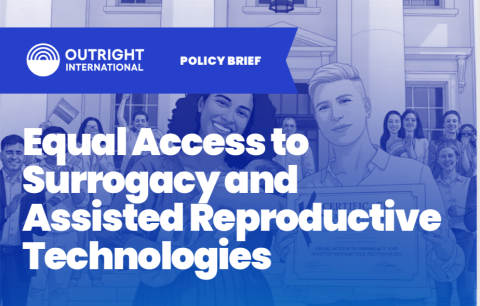
Report
Equal Access to Surrogacy and Assisted Reproductive Technologies (ART)
Like everyone else, LGBTIQ people have the right to found a family and make decisions about their bodies. Discriminatory restrictions on surrogacy and assisted reproductive technologies could amount to violations of these rights.
Key Points in Outright International's Surrogacy Policy Brief:
-
Surrogacy and assisted reproductive technologies should be regulated following human rights standards. Regulations should uphold the best interests of the child, recognize the sexual and reproductive rights of surrogates and gamete (egg or sperm) providers, and promote the right to found a family without discrimination.
-
Everyone has a right to have their relationships recognized and to found a family. States must ensure that LGBTIQ people can access all forms of family formation available to different-sex relationships or people who are not LGBTIQ.
-
Restricting access to surrogacy based on sexual orientation, gender identity, sex characteristics, or marital status is unlawful discrimination under international law.
-
Criminalizing or prohibiting surrogacy may violate the right to bodily autonomy and other rights. Surrogacy arrangements that conform with human rights standards should not be conflated with human trafficking and the sale of children.
-
Children born through surrogacy have an equal right to identity, including their nationality, name, and family relations. Legal barriers to the recognition of diverse families and restrictions on surrogacy negatively impact the enjoyment of this right.
Complex ethical, legal, and human rights issues animate debates on surrogacy, and are best addressed through constructive dialogue among feminist, queer, children’s rights, and reproductive justice movements and other stakeholders.

Explore News and Commentaries
We share news, cultural media and advocacy of partners, activists and experts through the lens of LGBTIQ people working on international human rights.
Read Our Insights